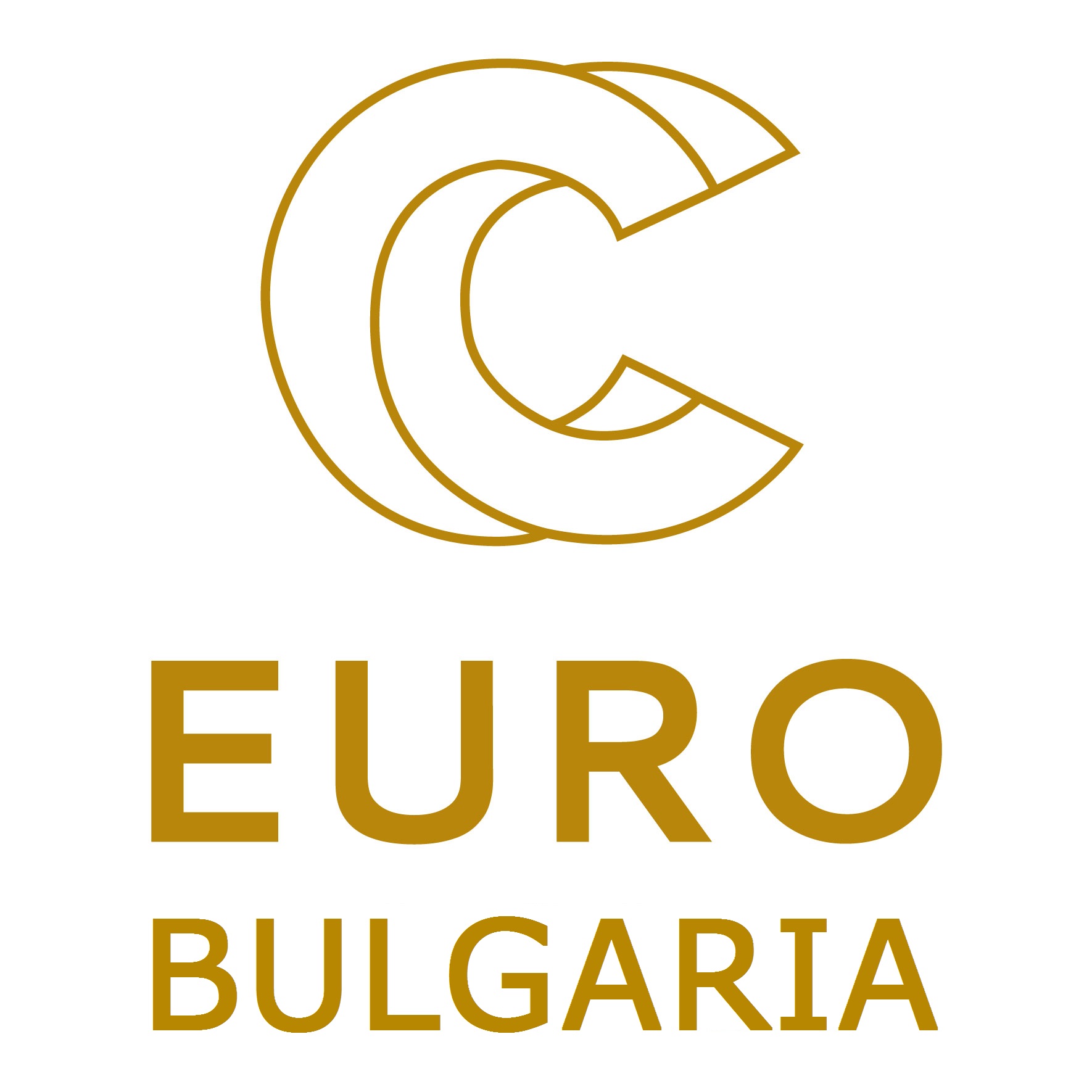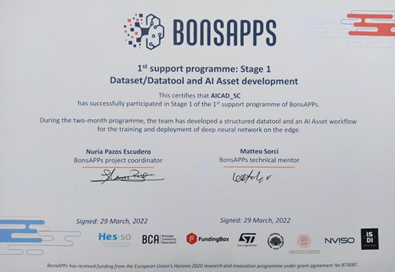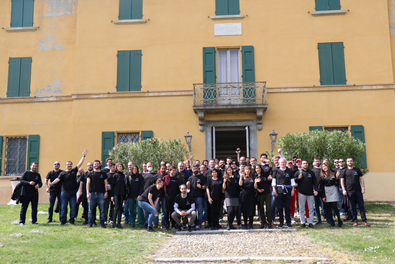NCC BULGARIA


The National Competence Centre of Bulgaria (NCC-Bulgaria) in the area of High-Performance Computing (HPC), High-Performance Data Analytics (HPDA) and Artificial Intelligence (AI) has the goal to enhance and develop the competences of the Bulgarian computational community, making full use of EuroHPC resources and the EuroCC partnership.
The NCC-Bulgaria is built by a consortium coordinated by the Institute of Information and Communication Technologies at the Bulgarian Academy of Sciences (IICT-BAS), and two members, Sofia University “St. Kliment Ohridski” (SU), and University of National and World Economy (UNWE). The three partners carry diverse technical and scientific background in the area of HPC and ICT in general, so as to ensure achievement of the project objectives and guarantee the overall success.
The partners collaborate with Sofia Tech Park, where the Discoverer EuroHPC supercomputer is operating.
Industrial organisations Involved:
Software Company Ltd.
Technical/scientific Challenge:
Implement a low-cost, low-latency, high-accuracy gesture recognition solution that can be deployed on different edge platforms such as the NVidia Jetson Nano.
Solution:
We started by investigating the scientific literature for novel approaches to this problem and found a paper by EAVISE on which we based our final implementation. We created a small footprint neural network which consists of CNN and a multi-stage TCN that allowed us to work with low-resolution images from cheap thermal cameras. This solution was implemented inside the BonsAPPs AIAsset framework, as part of the BonsAPPs challenge. This framework abstracts away the hardware platform on which the AI app runs on allowing.
Business impact:
Since our aim was to run the optimized neural network on low-power devices, while preservering high accuracy and low latency, the final model had to be well-optimized to run on said devices.
That’s why we automated the training, quantization, export and deployment to the testing platform parts of the development process by using gitlab CI/CD pipelines running on an HPC with multiple Nvidia V100 compute units. That way we could iterate much faster since the time between each change and deployment had been significantly shorted by said CI/CD pipelines.
Using an HPC also allowed us to work with much larger datasets that a regular workstation computer would not even be able to load into memory.
The final output of this process is a optimized model running inside a nvidia docker container that can be directly deployed to an Nvidia jetson nano and can make use of the jetson nano’s on-board GPGPU processor.
Benefits:
HPC lab’s collaboration with Software Company Ltd. was a fruitful one for both parties since a real world challenge was solved by using cutting-edge scientific research and utilizing HPC computing resources to improve both the development process and the quality of the final AI application.
Success story # Highlights:
- Keywords: Keywords: Computer Vision, HMI,Deep Edge, Gesture recognition
- Industry sector: Automotive
- Technology: AI

Contact:
- Metodi Pankov

This project has received funding from the European High-Performance Computing Joint Undertaking (JU) under grant agreement No 951732. The JU receives support from the European Union’s Horizon 2020 research and innovation programme and Germany, Bulgaria, Austria, Croatia, Cyprus, the Czech Republic, Denmark, Estonia, Finland, Greece, Hungary, Ireland, Italy, Lithuania, Latvia, Poland, Portugal, Romania, Slovenia, Spain, Sweden, the United Kingdom, France, the Netherlands, Belgium, Luxembourg, Slovakia, Norway, Switzerland, Turkey, Republic of North Macedonia, Iceland, Montenegro